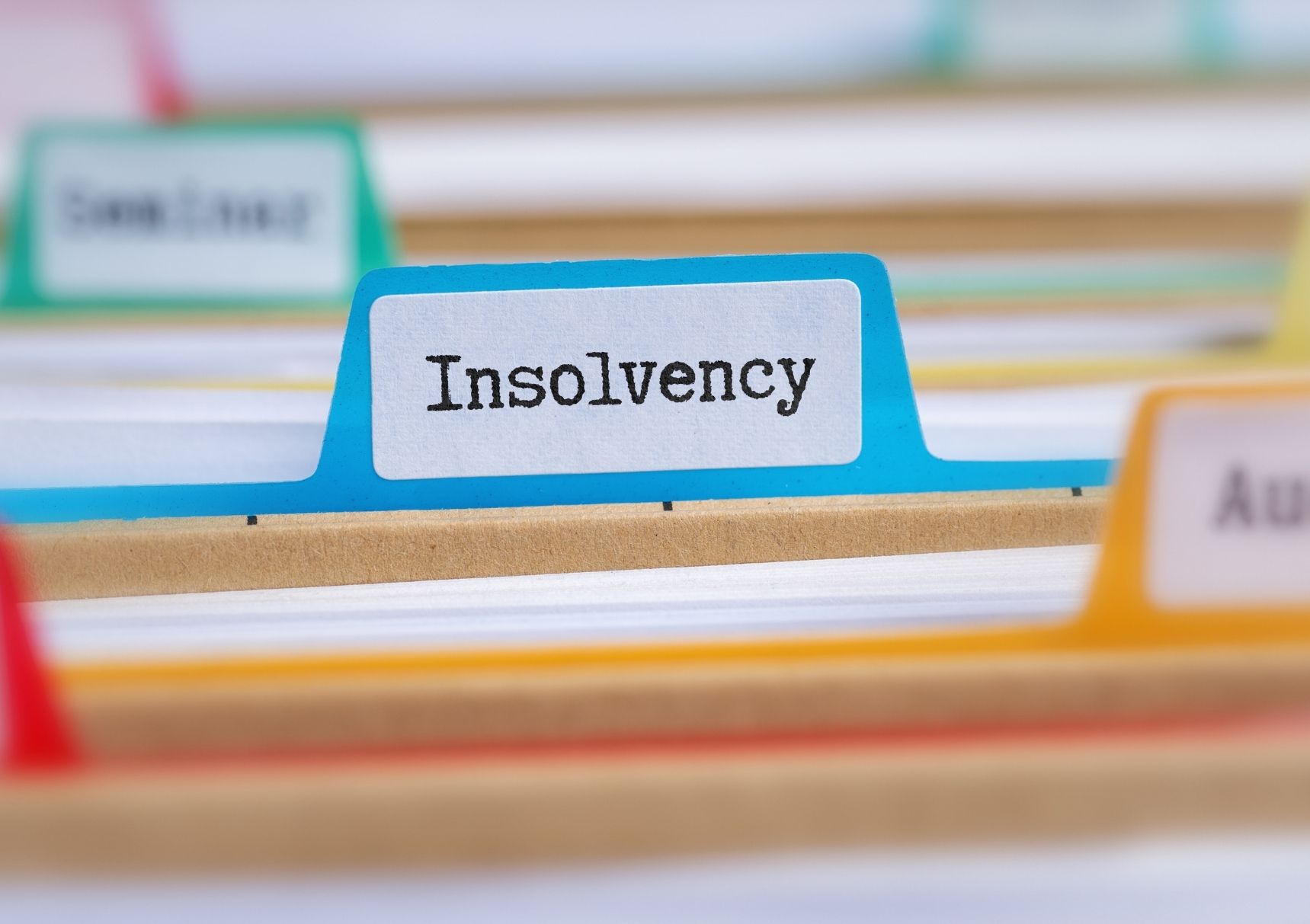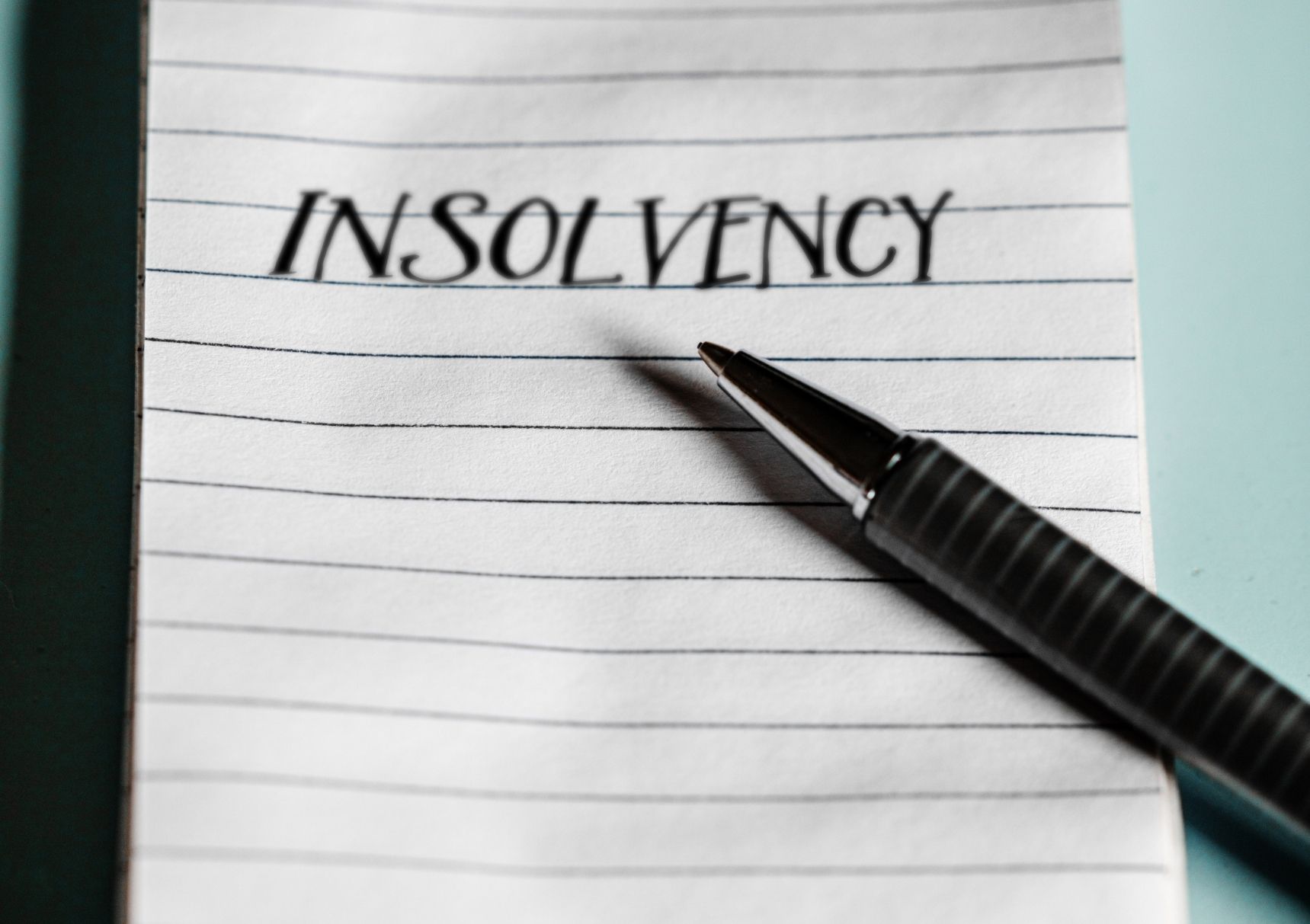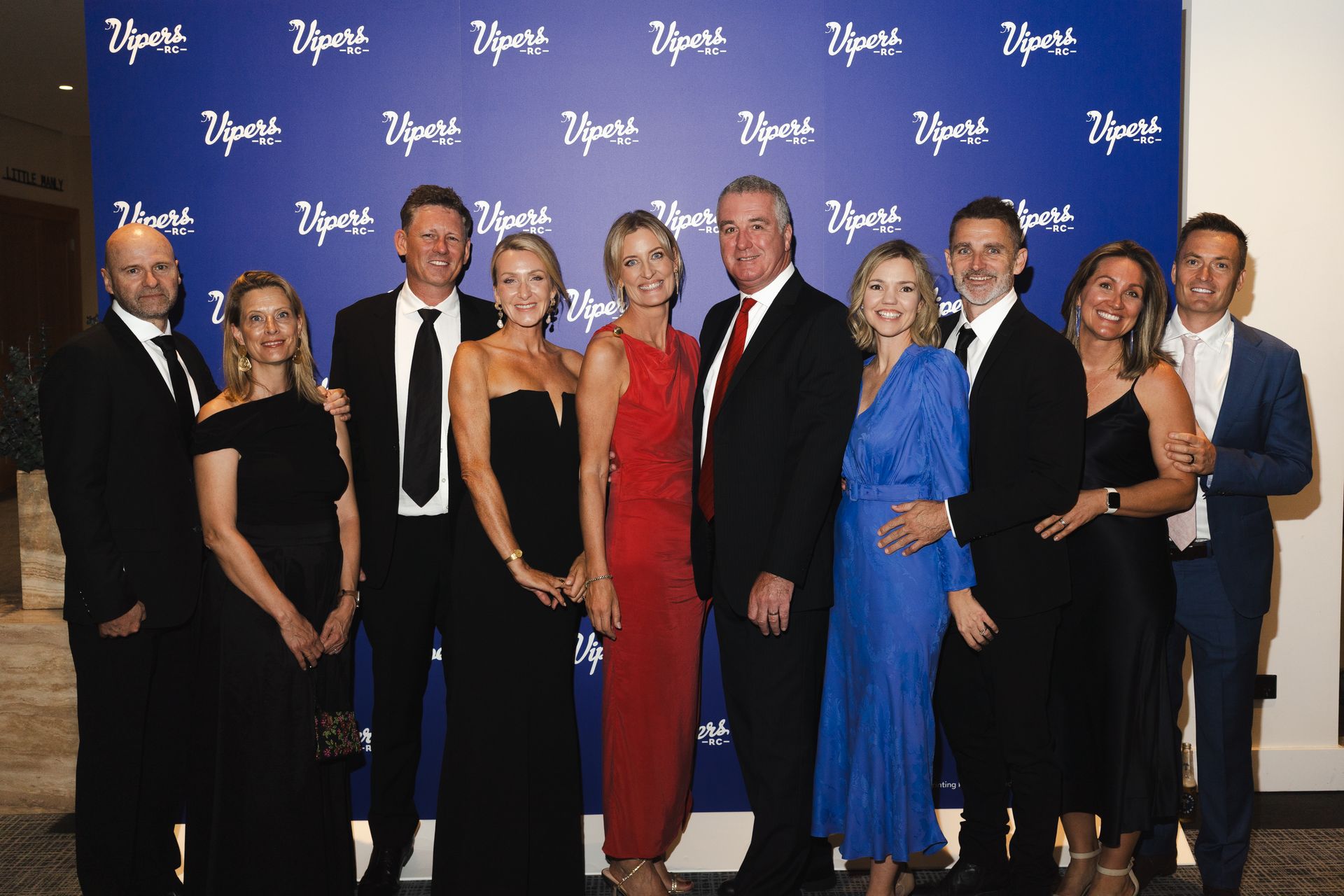10 Step Guide for Lawyers entering the job market In Ireland
Source: https://www.linkedin.com/pulse/10-step-guide-lawyers-entering-job-market-ireland-mia-barry/
Are you one of the many lawyers considering moving firm but perhaps are unsure about how to take that first step and entering the job market by putting yourself out there, meeting a recruiter, starting the process and ultimately making that move? Having recruited for over 15 years in the legal sector, we at Keane McDonald understand your potential confusion and concern. The legal job market is currently incredibly active and competitive and this guide is to help you get a better picture of the 10 steps you should consider when starting to look for a new job!
1) LinkedIn. All recruiters, both in recruitment firms and in-house, use LinkedIn. It is a powerful tool for us as we can search for specific talent to match what talent our clients seek. We would urge lawyers to add as much detail as possible around the area you practice in; this will benefit you by reducing the number of irrelevant discussion offers. For example, some lawyers perhaps just have “Associate” but nothing else, so it is better to have “Property Associate”. In addition, we suggest that you follow a well-established legal recruitment firm to keep track of new jobs they put up.
We have been asked many times why recruiters ask to connect with you and then do not message you anything once you connect; the reason for this is usually that the recruiter wants to grow their network and it will ensure that you see their feed, including live roles we post. If you have not registered fully with a recruiter, then this is a good way to keep an eye on the market and you can then reach out if you see something of interest.
2) Motivation. Have you made the decision to move job or are you just testing the water? Lawyers by nature tend take decisions seriously, which is great. We would still urge you to really consider why you are moving firm. Is it driven by ambition, money, a better platform to build your practice, work life balance, peers – what is driving you? In the current environment if money is your prime motivation for a move we would suggest you speak to your firm before going to market as counter offers are common; recruiters and the firms giving offers are increasingly concerned about inflating the market and it is creating a volatile process.
3) CV. Update your CV before you “go to market”. This is a worthwhile exercise, as it will help you prepare and make you comfortable when speaking about your experience to date. Your CV should be maximum three pages. It should begin with a short summary about you, highlighting years’ PQE and area of specialism. The CV should “whet the reader’s appetite” so they want to meet you for interview. See Keane McDonald’s page on CV writing for more information here.
4) Business Plan. For anyone at Partner level seeking to move firm, you will need a business plan. Although you might not need to physically produce a plan until later stages in the interview process, it is a useful step in preparation for entering the market. You will present better at interview from the very start, (and we all know first impressions count), if you are fully au fait with your portfolio and what it is you hope to bring to a new firm.
5) Select a legal recruitment firm. This tends to be a minefield for lawyers as the lawyer candidate market is so tight right now. Essentially, there are too few lawyers for all the jobs out there and too many recruitment firms trying to win your attention.
Do’s
Do your research. Has someone in your network used a reputable and good recruiter? Can you get a referral?
Look up their website and LinkedIn pages – do they seem well established? Do they specialise in your local legal market? Do their consultants seem experienced and professional? Do they seem up-to-date with the market and are their jobs current and active?
Send an email or LinkedIn message introducing yourself and only engage if the response is quick and professional.
Do meet with the Recruiter. Once you are happy with the initial interaction with the recruiter, if they suggest to meet please take time to do so. This is a very important part of the process. A good recruiter will be an extension of you and must present you in the very best light – this can only truly be achieved by a face-to-face meeting so that he or she can get to know you.
Do keep track of where your CV goes. You do not want your CV to land on HR’s or the Managing Partner’s desk twice.
A good recruiter should give you sound and comprehensive advice around the market, firms and potential opportunities. Do tell them about your career in detail, the more you tell us about you, what you are seeking, your skills and experience, your motivation for your move, salary expectations, timelines and so on – the better!
Do agree a plan together with your recruiter re the next steps.
If your recruiter does a good job – please tell others. In our business, a referral is wonderful and we do not take them for granted.
Don’ts
Do not just send your CV to a random agency. It is a private document and should only be shared with your recruiter once you are comfortable it will be kept private and NOT sent anywhere unless you have given your permission for it to be shared. Unfortunately, in this very competitive environment there are recruiters who do not adhere to this very important principle. So be vigilant.
Do not meet with a lot of agencies. The legal market, in Ireland at least, is small. One well-established recruiter will be enough and they should be able to cover the entire market for you and look after you very well. It is easier for a recruiter to benchmark the firms and opportunities and advise on the full process if we speak with each firm directly. If not, it is more difficult to make true comparisons. For you, the process is more streamlined, and you can be comfortable that at all times you are receiving unbiased feedback. In addition, when it comes to negotiation of package and terms, having a third party do this for you removes any awkwardness at this delicate stage.
Do not withhold information from the recruiter. They have your best interests at heart and a transparent process is vital for a great result.
6) Private Practice or In-House? With lawyers increasingly seeking a better work like balance there is a surge towards in-house legal roles. The law firms are slowly but surely addressing this and more agile roles are coming onto the market in practice. We advise that you keep an open mind, look at your motivation for moving roles and discuss with your recruiter the entire legal marketplace.
7) Interview stage. Your recruiter should help you prepare with details around the interview and with whom you will be meeting.
Know your CV inside and out, know dates, titles, duties etc.
Be clear and concise about what you want (while keeping an open mind).
Know your three key technical strengths.
Know three of your strongest competencies.
What will you bring to their firm?
Why do you want to work for them?
Immaculate presentation, dress for success!
8) Offer stage. The key at this stage is to avoid surprises. You will have shared the package you are aiming for. The recruiter should be aware of the firm’s budget so both should hopefully match at this point. You may decide that you want to negotiate aspects of the package, and again, you need to discuss with your recruiter who knows the firm. Communication at this stage is vital – tell your recruiter what you are thinking. We are here to help you secure the very best role for you.
The process usually follows these steps:
· Offer
· Verbally accept the offer (or decline)
· Contract issued (can take up to a week)
· Accept and sign contract
· Resign from your current firm
· Agree a start date
· Reference checks and onboarding documentation completed
9) Resignation. In the current market, this is a volatile part of the process. As there is a shortage of lawyers in the market, firms often work hard at making you change your mind and stay with them. We see a lot of counter offers where the firm will match or even exceed the new package you have secured, or they may try and change whatever it is in your role that you were unhappy with. It is very flattering and can be both an emotional and confusing time. Be clear when you resign, have a letter of resignation written as it helps to show your determination. Your recruiter can be a shoulder to lean on in this situation as we help lawyers through this process all the time. Remember “it is only business in the end of the day” and you need to make a decision that is right for you. Work through your resignation period honourably and leave on good terms – it is a small market.
10) Congratulations – you did it!
Mia Barry is Commercial Director with Keane McDonald which is an executive legal recruitment firm focusing on legal appointments for both private practice and in-house legal departments and has assisted legal professionals in moving jobs for over 15 years across Dublin and international markets.
For further information visit www.keanemcdonald.com and you can contact Mia directly on mbarry@keanemcdonald.com












